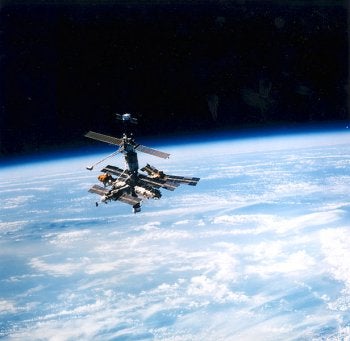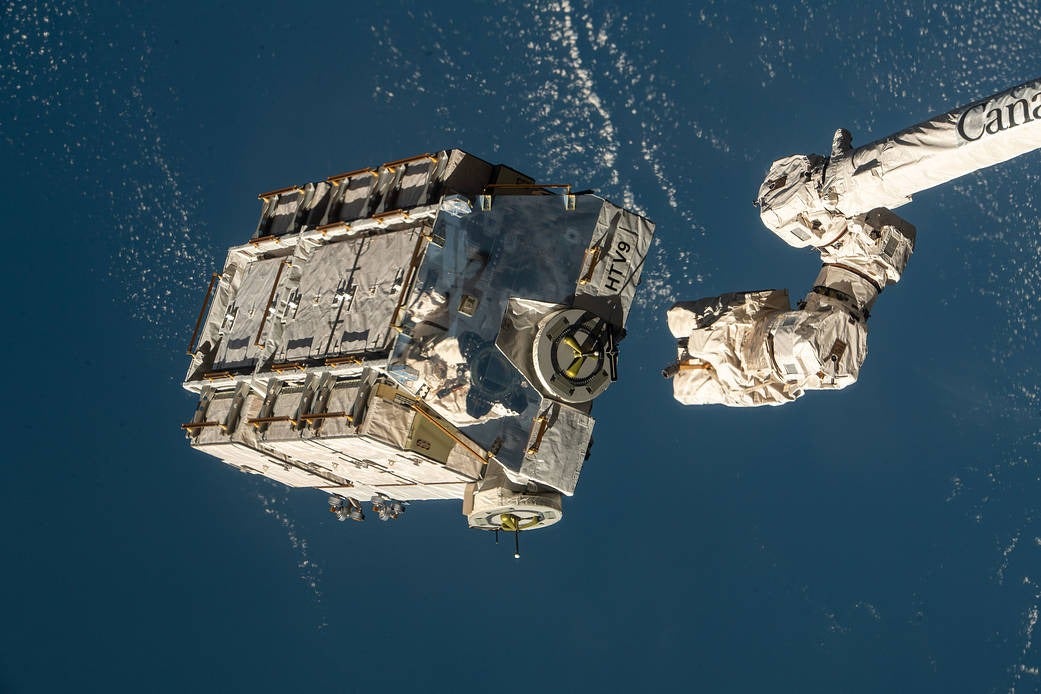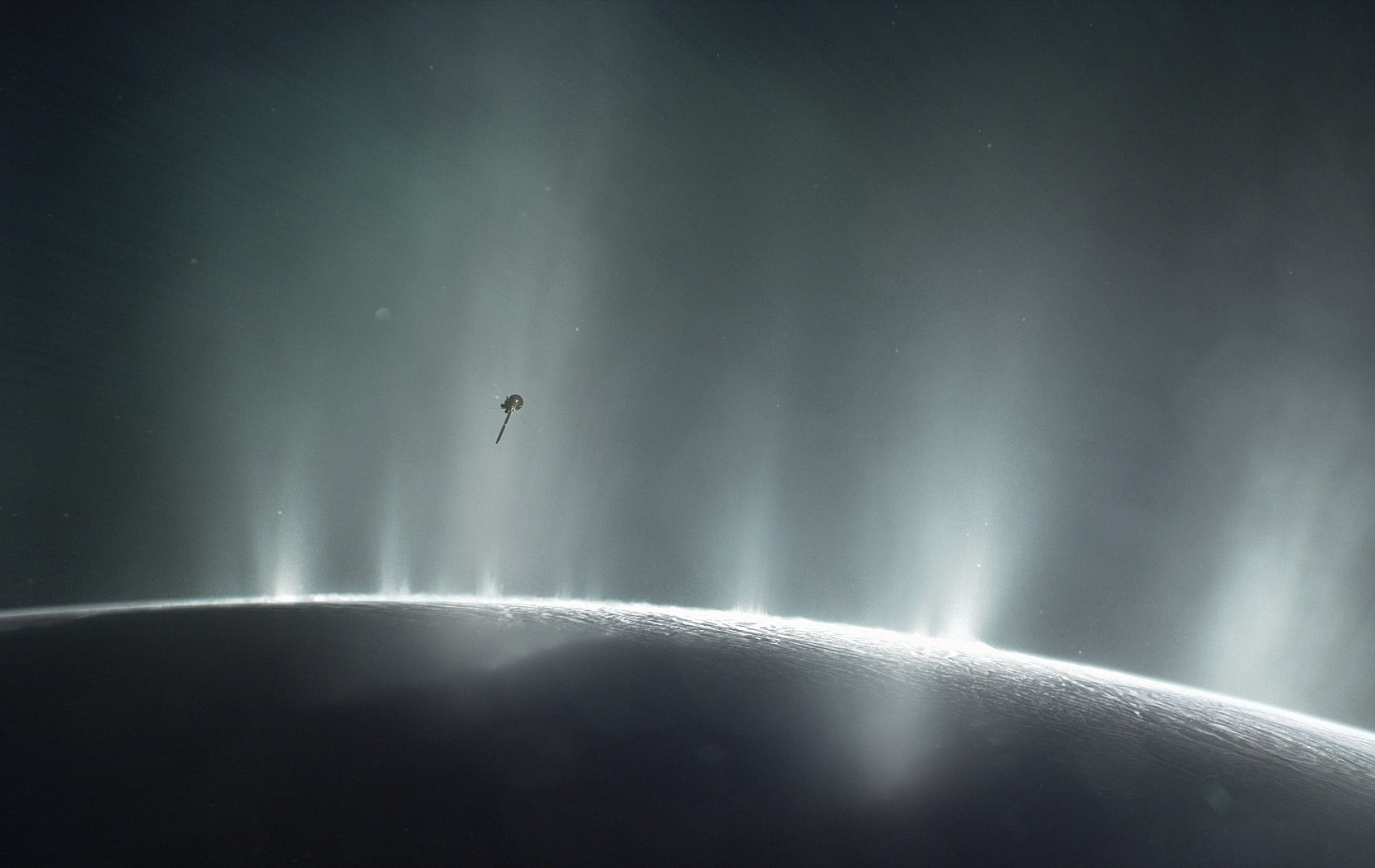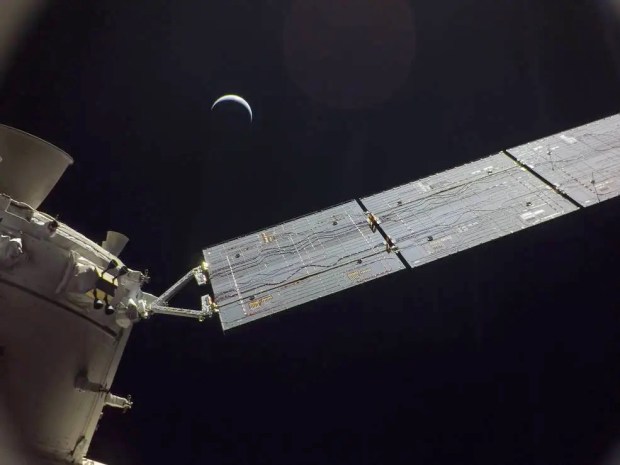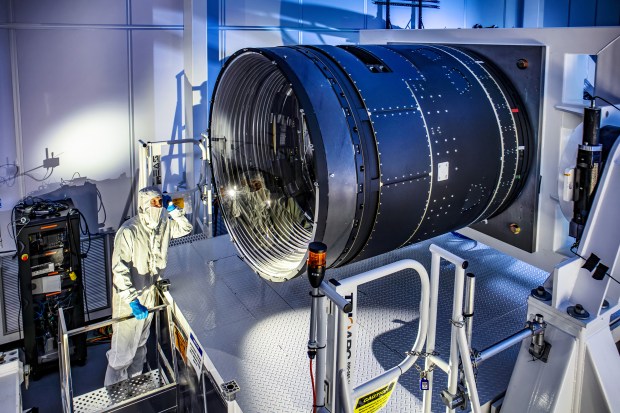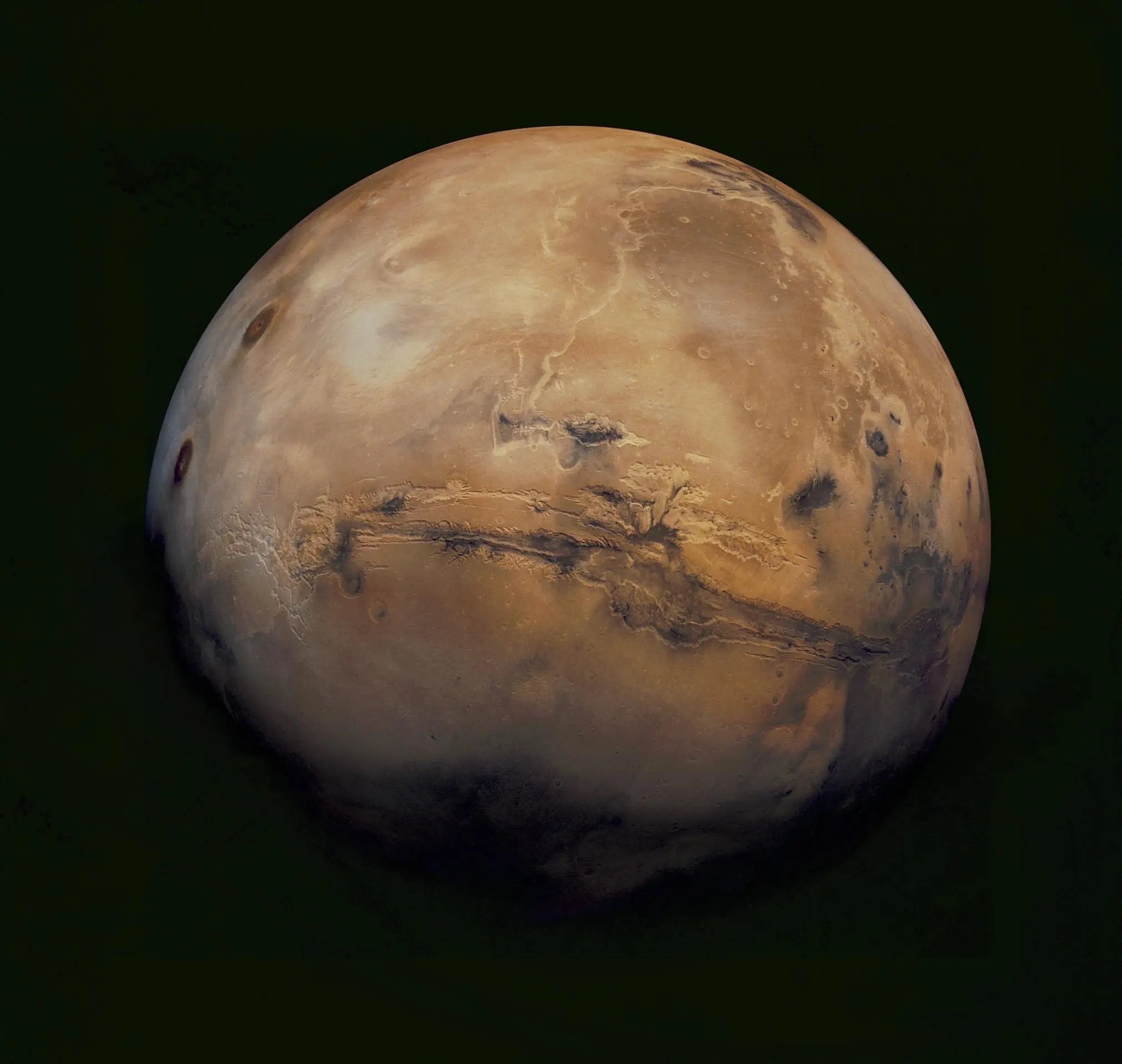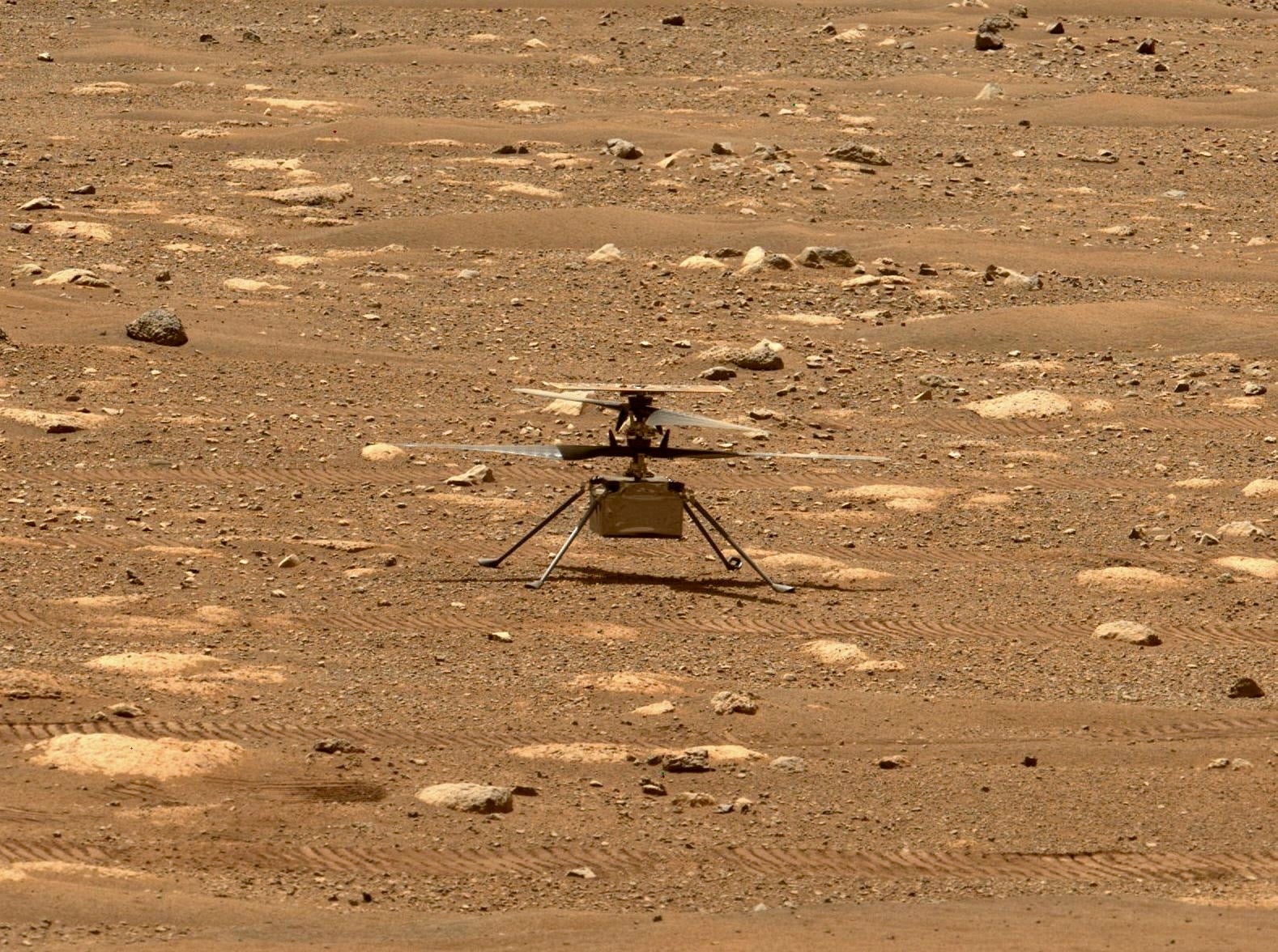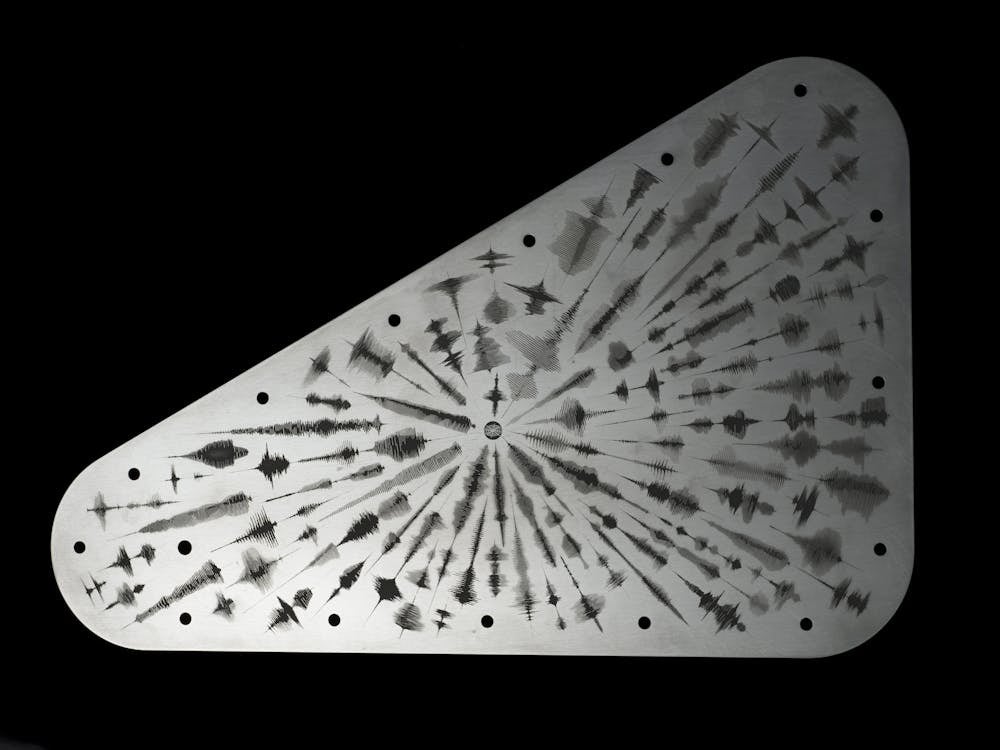Most people remember Mir, the Russian space station, for its spectacular troubles rather than its successes. The station remains one of the greatest accomplishments in the history of space flight despite the problems of its final years, which included computer crashes, a fire, and a damaging collision with another spacecraft. Nearly three years after Mir’s kamikaze plunge into the Pacific Ocean on March 23, 2001, one of its most celebrated residents believes its 15 years of operation hold valuable lessons about long-term survival in space.
Speaking this week at the Canadian Space Agency headquarters in St. Hubert, Quebec, cosmonaut Sergei Avdeyev shared his unique, personal perspective on manned missions in low-Earth orbit and planned trips to Mars.
Avdeyev, a Russian aerospace engineer, holds the record for cumulative time spent in space — 748 days. In three separate missions on Mir, he circled the globe an incredible 11,968 times and traveled over 320 million miles.
“Every machine has its time to perform and die, and my mind knows that it was time to say goodbye, but Mir was close to my heart,” laments Avdeyev, who watched Mir’s curtain call from a beach in Fiji. The station flashed across the sky like a shooting star, burning up in the atmosphere upon reentry.
Strapped for cash and faced with an increasing number of accidents and breakdowns on the station, the Russian Space Agency reluctantly deorbited Mir in 2001. Avdeyev recalls: “On my last mission in 1999, which was to be the second to last expedition to Mir, we left some token food for the next crew. At the time we didn’t know if there was another crew, but we left some bread and salt anyway, as is tradition in Russia.”
His final shift on Mir, originally set for six months, stretched to 379 days when a visiting astronaut, a paying guest, took Avdeyev’s seat on the return flight.
Avdeyev warns that weightlessness on lengthy space flights can place many demands on the human body. Returning cosmonauts have shown weakened heart muscles and immune systems, along with thinning bones. On his last return, the record-setting cosmonaut left his Soyuz capsule on a stretcher, too weak in the unaccustomed gravity to walk or even sit up in a chair. It took over a year for his body to readjust to life on Earth.
Unlike shuttle flights, which last up to a couple weeks at most, a tour of duty on Mir traditionally lasted many months. They closely resembled current stays on the International Space Station — and what probably will be encountered on voyages to Mars. “One week on the shuttle is nothing like six months on the station,” Avdeyev explains. “After landing, you can’t just get in your car and drive home.”
Travel to Mars would mean leaving Earth’s protective magnetic field behind, greatly increasing astronauts’ exposure to damaging radiation. Having conducted extensive experiments on Mir, Avdeyev firmly believes that radiation is the limiting factor for a flight to the Red Planet. Exactly how do cosmic rays affect humans?
“I wouldn’t go anywhere near Mars until I have answers,” he says.
Avdeyev also questions how future interplanetary voyagers will handle the solitude and isolation of deep space for months or even years at a time, without having the comfort of gazing at their home planet. “Looking at Earth was important to me, and knowing that my family was only 400 kilometers below gave me a peace of mind,” he observes.
“But a flight to distant Mars would entail such psychological stresses that I doubt that at this moment we are ready yet to meet this challenge,” he says. “I know that I’m not.”

